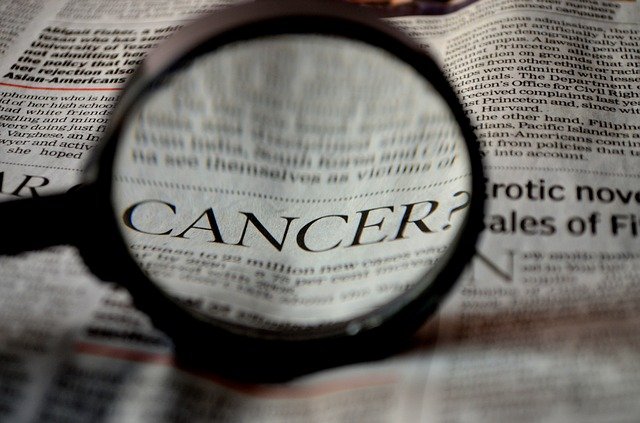
In a new study, researchers have identified a very early marker of cardiac damage in patients undergoing therapy with anthracyclines, a family of drugs commonly used to treat cancer.
This finding could help develop the early diagnosis of the cardiotoxicity linked to this group of widely used chemotherapy drugs.
The research was conducted by a team at the Centro Nacional de Investigaciones Cardiovasculares (CNIC).
Every year, 4 million new cases of cancer are diagnosed in Europe.
Advances in cancer treatment sometimes come at the cost of major adverse effects, and one of the most prominent is cardiotoxicity.
Previous research has shown that myocardial toxicity affects as many as 25% of patients undergoing treatment with commonly used anticancer drugs.
The effects of this damage can be severe, condemning the cancer survivor to chronic heart disease and even causing premature death.
In the study, animals received increasing doses of the anthracycline drug doxorubicin over 10 weeks.
This strategy allowed the accumulation of the drug in the heart muscle without major exposure of other organs.
The team used the sophisticated latest-generation magnetic resonance imaging technology available at the CNIC.
They were able to study a range of parameters on a weekly basis, and thus identify indicators of damage much earlier than changes in any of the markers used in current clinical practice.
The study confirms that T2 mapping is altered much earlier than any other known parameter in current use, occurring even before any local or regional alterations to cardiac contractility.
The availability of such an early cardiotoxicity marker could help physicians identify patients who tolerate anthracycline treatment even at high doses.
While these results are very promising, the team emphasized that they await confirmation in patients.
The research team has already launched a clinical study in collaboration with the Hospital Universitario Fundación Jiménez Díaz.
This study forms part of the MATRIX project, which aims to develop innovative treatments for the cardiotoxicity associated with cancer.
The results of the current study may help to prevent the severe secondary effects experienced by cancer patients receiving chemotherapy.
Moreover, it may also open the way to new therapies based on mitochondrial transplantation.
The study is published in the Journal of the American College of Cardiology (JACC).
Copyright © 2019 Knowridge Science Report. All rights reserved.



